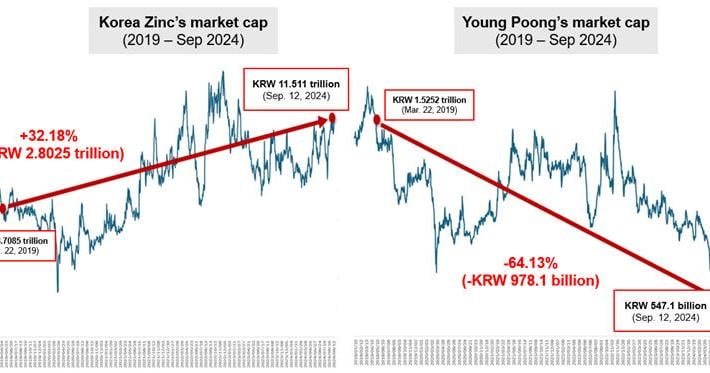Geographic Data Breakdown: A Comprehensive Overview
This dataset encompasses a wealth of geographic information, ranging from specific locations within the United States to a comprehensive list of countries worldwide. Within the U.S., data granularity extends to the state level, offering a detailed view of geographic coverage. While zip code data is mentioned, the dataset itself doesn’t appear to include specific zip codes. This suggests the potential for further expansion of the data to include more precise location information within the U.S.
The international component of the dataset is extensive, covering a vast majority of the world’s countries. It encompasses nations from every continent, including recognized states, territories, and dependencies. This global scope makes the dataset valuable for applications requiring a broad geographic perspective, such as international market analysis, global demographic studies, or international shipping and logistics.
The inclusion of U.S. territories, such as Puerto Rico, the U.S. Virgin Islands, and various Pacific islands, adds another layer of detail. Furthermore, the dataset accounts for the specific locations of U.S. armed forces, differentiating between the Americas, Pacific, and European regions. This granular breakdown is valuable for understanding the distribution of military personnel and resources across the globe.
The Canadian provinces are also fully represented in the dataset, allowing for comprehensive analysis at a regional level within Canada. This is essential for businesses or researchers targeting specific Canadian markets or interested in understanding regional variations within the country.
Analyzing the Data’s Potential Applications
This diverse geographic data holds significant potential for various applications across numerous sectors. In business, it can be utilized for market research, targeted advertising, and optimizing supply chains. For example, businesses can use the state-level data to tailor marketing campaigns to specific demographics or analyze regional market trends. The international data enables businesses to identify potential expansion opportunities, understand international market dynamics, and customize products and services to meet local needs.
In the realm of research, the dataset can contribute to demographic studies, epidemiological investigations, and environmental monitoring. Researchers can analyze the distribution of populations across different regions, track the spread of diseases, or assess the environmental impact of human activities. The detailed geographic information facilitates more accurate and targeted research efforts.
Government agencies can leverage this data for planning and resource allocation. For example, they can use the data to identify areas in need of infrastructure development, allocate emergency response resources, or plan public health initiatives. The data also supports policy development and evaluation by providing insights into regional variations and demographic trends.
Data Limitations and Potential Enhancements
While the geographic dataset is comprehensive, it presents some limitations. The absence of specific zip code data within the U.S. necessitates reliance on less precise state-level information. Including zip codes would enhance the granularity of the data and facilitate more localized analyses.
Additionally, the dataset lacks temporal information, meaning that it provides a snapshot of geographic regions at a particular point in time. Adding a time dimension would enable analyses of changes in geographic boundaries, population shifts, and other dynamic factors over time.
Further enhancements could include incorporating demographic data, such as population size, age distribution, and ethnic composition. This would significantly enrich the dataset and enable more sophisticated analyses of population characteristics and trends. Similarly, adding economic indicators, such as GDP per capita or unemployment rates, would provide valuable context for understanding economic disparities across different regions.
Ensuring Data Accuracy and Consistency
Maintaining the accuracy and consistency of geographic data is crucial for its reliability and usability. Regular updates are necessary to reflect changes in political boundaries, administrative divisions, and other geographical factors. Employing standardized naming conventions and geographic identifiers ensures consistency and facilitates data integration across different sources.
Data validation processes are essential to identify and correct errors or inconsistencies in the dataset. These processes may involve cross-referencing the data with authoritative sources, conducting field verification, or using automated data quality checks. Thorough documentation of the data sources, methodologies, and validation procedures contributes to transparency and strengthens the credibility of the dataset.
Ethical Considerations and Data Privacy
When working with geographic data, ethical considerations and data privacy must be prioritized. The data should be used responsibly and ethically, avoiding any applications that could lead to discrimination, prejudice, or harm to individuals or communities. Protecting the privacy of individuals is paramount, especially when dealing with data that could be used to identify specific locations or individuals.
Data anonymization techniques, such as aggregation or generalization of location information, can help to mitigate privacy risks. Compliance with relevant data privacy regulations and ethical guidelines is essential for ensuring responsible data handling and avoiding potential legal or reputational consequences.
The Future of Geographic Data and its Applications
Geographic data is becoming increasingly important in a world characterized by globalization, technological advancements, and growing data availability. Emerging technologies, such as Geographic Information Systems (GIS), remote sensing, and location-based services, are enhancing our ability to collect, analyze, and visualize geographic data.
The integration of geographic data with other types of data, such as demographic, economic, or environmental data, allows for more holistic and insightful analyses. This integration empowers researchers, businesses, and policymakers to make more informed decisions and address complex challenges. The future of geographic data promises more sophisticated applications, leading to a deeper understanding of our planet and its inhabitants.


